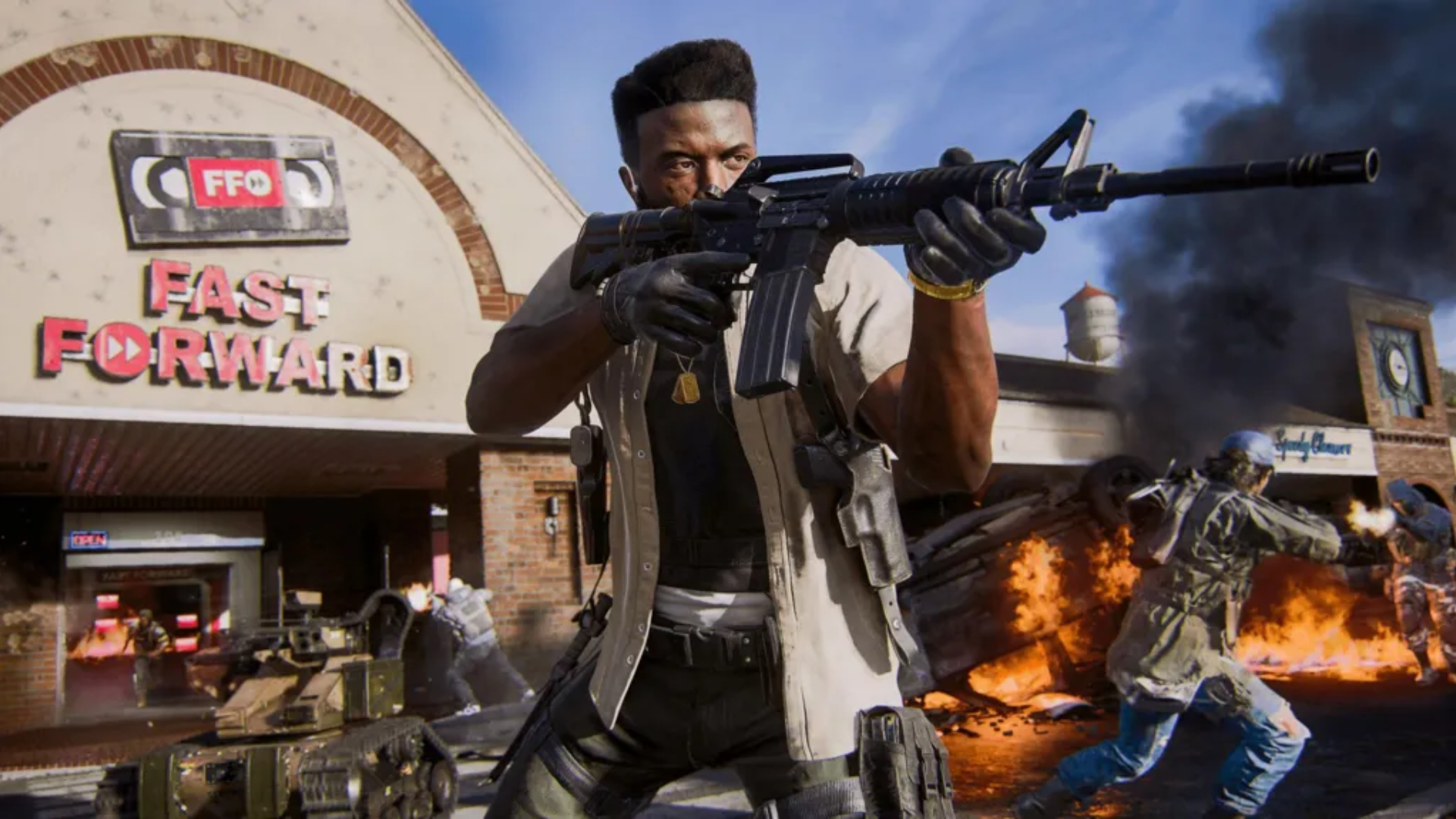Major video game companies, including Activision, Warner Bros, and Walt Disney, are facing a strike by Hollywood performers over the use of artificial intelligence (AI). This action comes after a year and a half of negotiations between these companies and a union representing over 2,500 video game actors.
While the parties have reached agreements on several key issues such as wages and job safety, disagreements over AI-related protections remain a significant obstacle. The strike was initiated by the Screen Actors Guild-American Federation of Television and Radio Artists (SAG-AFTRA), which also led a major strike in Hollywood last year involving film and television actors.
The performers are concerned that gaming studios may use generative AI to replicate their voices and appearances for animating video game characters without offering fair compensation.
“Although agreements have been reached on many issues… the employers refuse to plainly affirm, in clear and enforceable language, that they will protect all performers covered by this contract in their AI language,” Sag-Aftra stated.
He also added, “We’re not going to consent to a contract that allows companies to abuse AI to the detriment of our members,”
However, the video game studios have claimed that they have already made sufficient concessions to meet the union’s demands.









